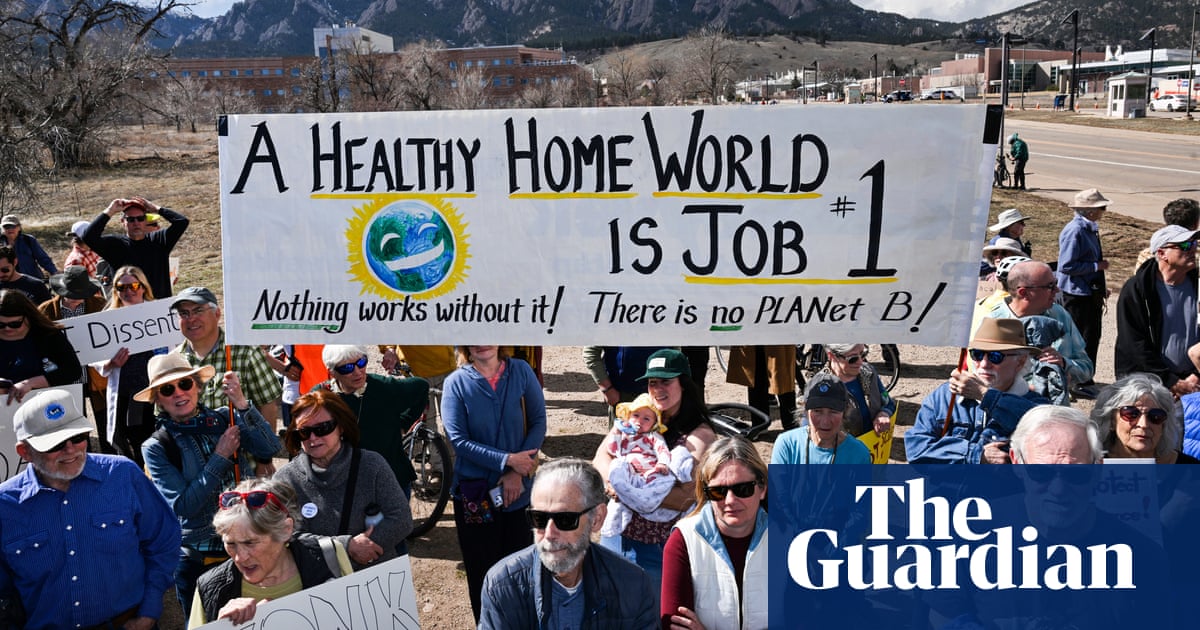A £1.5m fund has been launched to encourage people affected by the Windrush scandal to come forward to seek compensation, as ministers finally acknowledge that many victims have felt too nervous to engage with officials from the Home Office.
Since the compensation fund was launched in 2019 it has been the subject of intense criticism over long processing delays, low offers of payment, and the lack of legal aid for claimants. There has also been unease over the original decision to hand the administration of the scheme to officials from the department that was responsible for the scandal.
The minister for migration and citizenship, Seema Malhotra, said officials now recognised that some of those affected by the Home Office debacle, which classified thousands of legal UK residents as immigration offenders, had felt unwilling to engage with the department following the scandal. That led to some choosing not to make compensation claims.
The new fund would help people who may also still feel wary about contacting the Home Office to request documentation to show their immigration status is in order.
“People are very fearful about coming forward to the status schemes or the compensation scheme, because of the traumatising nature of their experiences, so that it still feels too raw to be able to approach the Home Office,” Malhotra said.
She was speaking after a roundtable event in Manchester on Friday with victims, and community leaders who have been assisting with the complex compensation process, so far mostly for free. The fund, which will be released over three years, will help subsidise some of the cost of that work.
“It’s a real imperative that we reach out to those who have lost all their trust in the Home Office, to make sure that they understand the Home Office is serious about righting these wrongs and making sure that we tackle all the barriers that are stopping people coming forward,” Malhotra said.
The launch was the latest in a three-pronged reset of the Home Office’s response to the scandal, which triggered catastrophic consequences for many of those affected, some of whom were sacked from their jobs, evicted from their homes, or lost access to benefits and NHS healthcare. A smaller number of people were arrested, detained and deported.
In the autumn the home secretary re-established a Windrush unit, dedicated to making sure officials learned long-term lessons from their mistakes. The unit had been shut down by the then home secretary, Suella Braverman, in 2023, a move widely seen as premature because the departmental reforms promised by successive home secretaries had yet to be implemented.
The Home Office is recruiting an independent Windrush commissioner, who will scrutinise its progress towards resolving outstanding issues, to ensure the scandal cannot be repeated.
Campaigners have asked for the compensation scheme to be taken away from the Home Office and given to an independent organisation, although officials say such a move would cause new delays six years after its launch. Requests for legal aid have been denied. Community advocates told the minister that assisting with a claim could take more than 20 hours of staff time, and expressed doubt about how much extra work could be paid for by the fund.
Malhotra, who has participated in 15 Windrush-related events since taking office and four in the past week, was met warmly, with advocates saying they were cautiously hopeful about the government’s commitment to improving its response. Delays in processing claims have been falling; two years ago there was a backlog of 2,500 claims being processed and this had dropped to 582 in February. Since 2019 the Home Office has paid out about £108m in compensation across 3,155 Windrush claims.
Malhotra said the process of learning the lessons of Windrush needed to lead to “wider work on tackling barriers to opportunity”. She promised to address wider injustices experienced by the Windrush generation, in education, health and housing, as part of a commitment to improve the government’s response to the scandal. The Windrush unit would work with the Home Office’s new race equality engagement group to look at wider inequalities, she said.

.png) 1 day ago
8
1 day ago
8













































